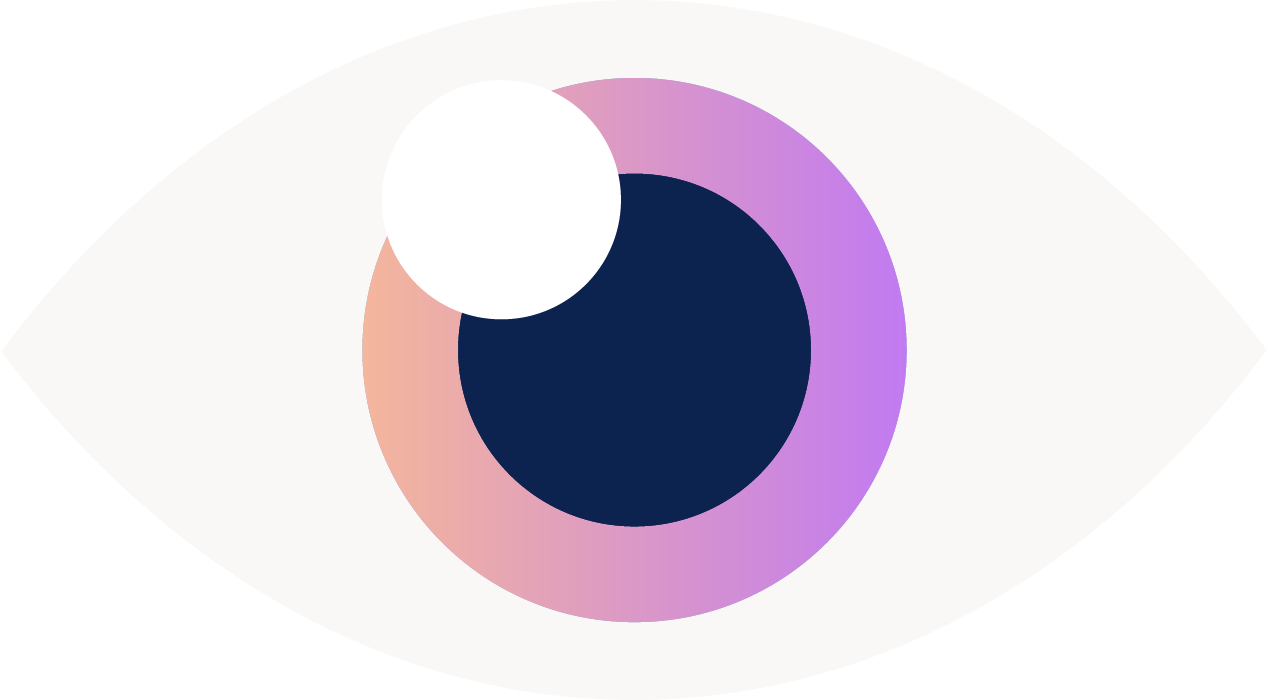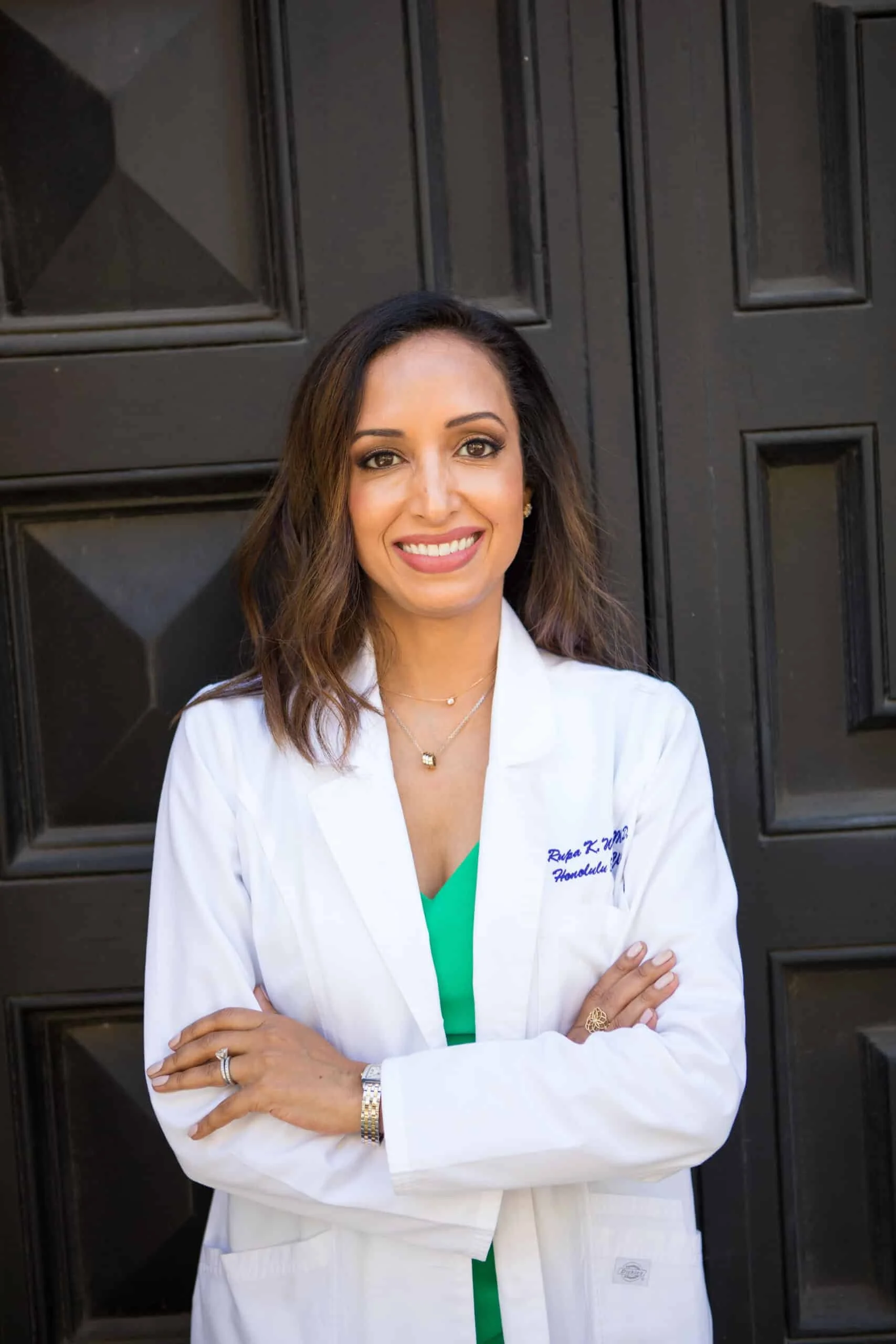Finding A Female Mentor
The face of medicine is changing. For the first time last year, more women were admitted to medical school than men. And, the face ofophthalmology is changing. Women now constitute 40-50% of the residents in ophthalmology programs. In fact, in my own program, 6 of the 7 residents in my year were women. However, there were very few women in positions of leadership within the ophthalmology department (actually only 1 that I can think of). As a resident, you’re just trying to make it through the grueling training process.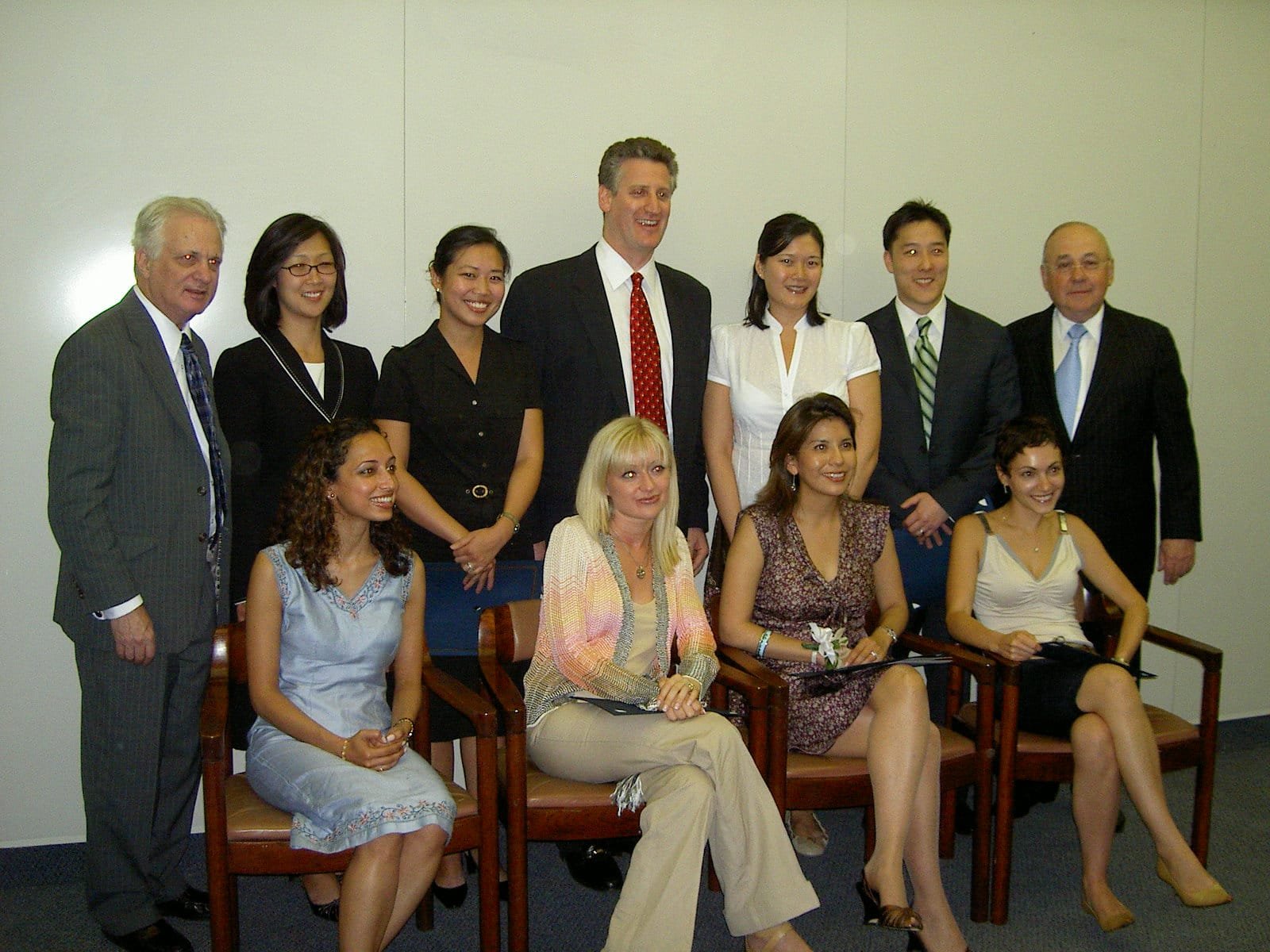 We’d put one step in front of the other and kept our heads down. We were told “Follow the chain of command!”, as if we were in the army. Never complain. That was the mentality. There was no time, nor inclination, to seek out mentors or advisers regarding what we truly wanted from our careers.But, then I got lucky. I matched at Boston Children’s for fellowship. Even though I was there only for a total of 2 years (I was on faculty for a year after fellowship), I formed close relationships with my attendings. Our chairman, Dr. David Hunter, was a true mentor. And, there were so many women ophthalmologists in our department. In fact, when I was on faculty, there were 8 women and 2 men in the department. They were amazing women, mothers and wives. They were extensively published in the field and sat on panels at the national conferences. When I was contemplating moving to Hawaii to start a private practice, one of my senior colleagues, who I greatly aspired to be, reassured and advised me, since she had spent about 15 years in private practice as well before returning to Boston Children’s. These were the women that helped me lead me on the path I wanted to follow.
We’d put one step in front of the other and kept our heads down. We were told “Follow the chain of command!”, as if we were in the army. Never complain. That was the mentality. There was no time, nor inclination, to seek out mentors or advisers regarding what we truly wanted from our careers.But, then I got lucky. I matched at Boston Children’s for fellowship. Even though I was there only for a total of 2 years (I was on faculty for a year after fellowship), I formed close relationships with my attendings. Our chairman, Dr. David Hunter, was a true mentor. And, there were so many women ophthalmologists in our department. In fact, when I was on faculty, there were 8 women and 2 men in the department. They were amazing women, mothers and wives. They were extensively published in the field and sat on panels at the national conferences. When I was contemplating moving to Hawaii to start a private practice, one of my senior colleagues, who I greatly aspired to be, reassured and advised me, since she had spent about 15 years in private practice as well before returning to Boston Children’s. These were the women that helped me lead me on the path I wanted to follow. 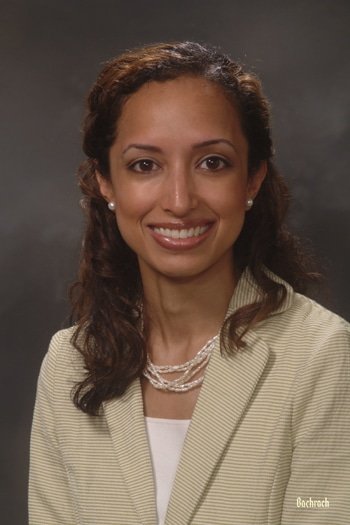 When I moved to Hawaii, however, I was confronted with a completely different environment. There’s no major academic center for ophthalmology here, so the majority of ophthalmologists are in private practice. The ones who worked at the military hospital or the large HMO in town almost never attended the monthly Hawaii Ophthalmological Society meetings. My husband and I religiously attend those. I would always look around and count the number of women in attendance. I was one year out of training, and there was a real dearth of female role models in my field. In hindsight, I realized how lucky I was to experience the camaraderie and mentorship that I had while in Boston. But, now that I was faced with building my private practice, I struggled to find a mentor who could share her journey with me. Most of the ophthalmologists (male) assumed my husband ran the practice, as did the others we met while doing business (bankers, accountants, etc). They asked him to be in leadership positions in the Hawaii Ophthalmology Society and never once in 10 years have they asked me. Perhaps they just assumed that I was needed at home to take care of the kids (though I had none when we moved here), I'll never know.I had so many questions. I should also mention, that my mother is a physician - she had my brother and I during her residency. However, she always had a salaried position when we were young. Later, when I was in middle school, she started her own private practice. She has always been an inspiration, but her journey was very different than mine and I wanted to find people in my new community to connect with. In addition, we found out we were pregnant the weekend we moved to Hawaii.
When I moved to Hawaii, however, I was confronted with a completely different environment. There’s no major academic center for ophthalmology here, so the majority of ophthalmologists are in private practice. The ones who worked at the military hospital or the large HMO in town almost never attended the monthly Hawaii Ophthalmological Society meetings. My husband and I religiously attend those. I would always look around and count the number of women in attendance. I was one year out of training, and there was a real dearth of female role models in my field. In hindsight, I realized how lucky I was to experience the camaraderie and mentorship that I had while in Boston. But, now that I was faced with building my private practice, I struggled to find a mentor who could share her journey with me. Most of the ophthalmologists (male) assumed my husband ran the practice, as did the others we met while doing business (bankers, accountants, etc). They asked him to be in leadership positions in the Hawaii Ophthalmology Society and never once in 10 years have they asked me. Perhaps they just assumed that I was needed at home to take care of the kids (though I had none when we moved here), I'll never know.I had so many questions. I should also mention, that my mother is a physician - she had my brother and I during her residency. However, she always had a salaried position when we were young. Later, when I was in middle school, she started her own private practice. She has always been an inspiration, but her journey was very different than mine and I wanted to find people in my new community to connect with. In addition, we found out we were pregnant the weekend we moved to Hawaii.  But no one really reached out and offered to meet up for coffee. I had called a few pediatric ophthalmologists in the area prior to moving. And, one of them, who is probably the nicest person you’ll ever meet, was so welcoming and gracious. I met him at his office and he offered me tons of advice, which I will always be grateful for. But, I was truly yearning to find a female ophthalmologist to connect with, to no avail. The sensitive issues I was grappling with could not be addressed by a man in the same fashion. I had always wanted to get pregnant right away, but the actual reality of trying to build a practice and raising our first born terrified me.
But no one really reached out and offered to meet up for coffee. I had called a few pediatric ophthalmologists in the area prior to moving. And, one of them, who is probably the nicest person you’ll ever meet, was so welcoming and gracious. I met him at his office and he offered me tons of advice, which I will always be grateful for. But, I was truly yearning to find a female ophthalmologist to connect with, to no avail. The sensitive issues I was grappling with could not be addressed by a man in the same fashion. I had always wanted to get pregnant right away, but the actual reality of trying to build a practice and raising our first born terrified me. How could I go on maternity leave just 9 months after starting to work? How would patients take that information? What do people do in Hawaii for child care? And the logistics of pumping and operating a full day boggled my mind. In addition, culturally, Hawaii was a huge shift for me. Staff seemed to feel that I was to "East Coast" because of my straight forward nature. I am very direct and sometimes didn't feel like being overly social, but just wanted to take care of my patients. I felt so isolated out here 3,000 miles away in the middle of the Pacific Ocean. It’s so much harder to build relationships with women colleagues when you are separated by miles and miles and rarely see each other. Physical proximity is such a necessary component to forging friendships and in smaller communities, where most of us are in private practice, that’s just not a possibility. Social media wasn't really a part of health care at that time as an option to connect us. I don’t think the senior female ophthalmologists were adverse to helping or guide me, but I just don’t think it occurred to them to reach out. In fact, in the past 10 years, I’ve come to know and respect many of them very highly. I simply think that private practice makes mentorship of physicians who aren’t in your practice, very challenging. I’m sure if I had specifically called them up and asked them to coffee, they certainly would not have said no. But, my own insecurity at being in a new place prevented me from taking that first step.I’ve been meaning to write this post for so long, but was inspired to finally get it done after reading the New England Journal of Medicine article that came out regarding the use of social media by women physicians. The article highlighted various studies which demonstrated that in the “virtual lounges” of Instagram, Facebook, Twitter, and Linkedin, they are being used to facilitate group discussions between women. Sensitive topics can be addressed without fear of reprisal. My Instagram friend Dr. Natalie Crawford, highlighted this excellent quote from the NEJM article: “Beyond the small group of people who discuss a particular topic on social media, there is usually a much larger group “listening in.” In this case, the listeners may be trainees, who can thereby gain early insights about problems encountered by women in medicine, or they may be leaders or researchers whose work can be informed by the online discussions.”
How could I go on maternity leave just 9 months after starting to work? How would patients take that information? What do people do in Hawaii for child care? And the logistics of pumping and operating a full day boggled my mind. In addition, culturally, Hawaii was a huge shift for me. Staff seemed to feel that I was to "East Coast" because of my straight forward nature. I am very direct and sometimes didn't feel like being overly social, but just wanted to take care of my patients. I felt so isolated out here 3,000 miles away in the middle of the Pacific Ocean. It’s so much harder to build relationships with women colleagues when you are separated by miles and miles and rarely see each other. Physical proximity is such a necessary component to forging friendships and in smaller communities, where most of us are in private practice, that’s just not a possibility. Social media wasn't really a part of health care at that time as an option to connect us. I don’t think the senior female ophthalmologists were adverse to helping or guide me, but I just don’t think it occurred to them to reach out. In fact, in the past 10 years, I’ve come to know and respect many of them very highly. I simply think that private practice makes mentorship of physicians who aren’t in your practice, very challenging. I’m sure if I had specifically called them up and asked them to coffee, they certainly would not have said no. But, my own insecurity at being in a new place prevented me from taking that first step.I’ve been meaning to write this post for so long, but was inspired to finally get it done after reading the New England Journal of Medicine article that came out regarding the use of social media by women physicians. The article highlighted various studies which demonstrated that in the “virtual lounges” of Instagram, Facebook, Twitter, and Linkedin, they are being used to facilitate group discussions between women. Sensitive topics can be addressed without fear of reprisal. My Instagram friend Dr. Natalie Crawford, highlighted this excellent quote from the NEJM article: “Beyond the small group of people who discuss a particular topic on social media, there is usually a much larger group “listening in.” In this case, the listeners may be trainees, who can thereby gain early insights about problems encountered by women in medicine, or they may be leaders or researchers whose work can be informed by the online discussions.” 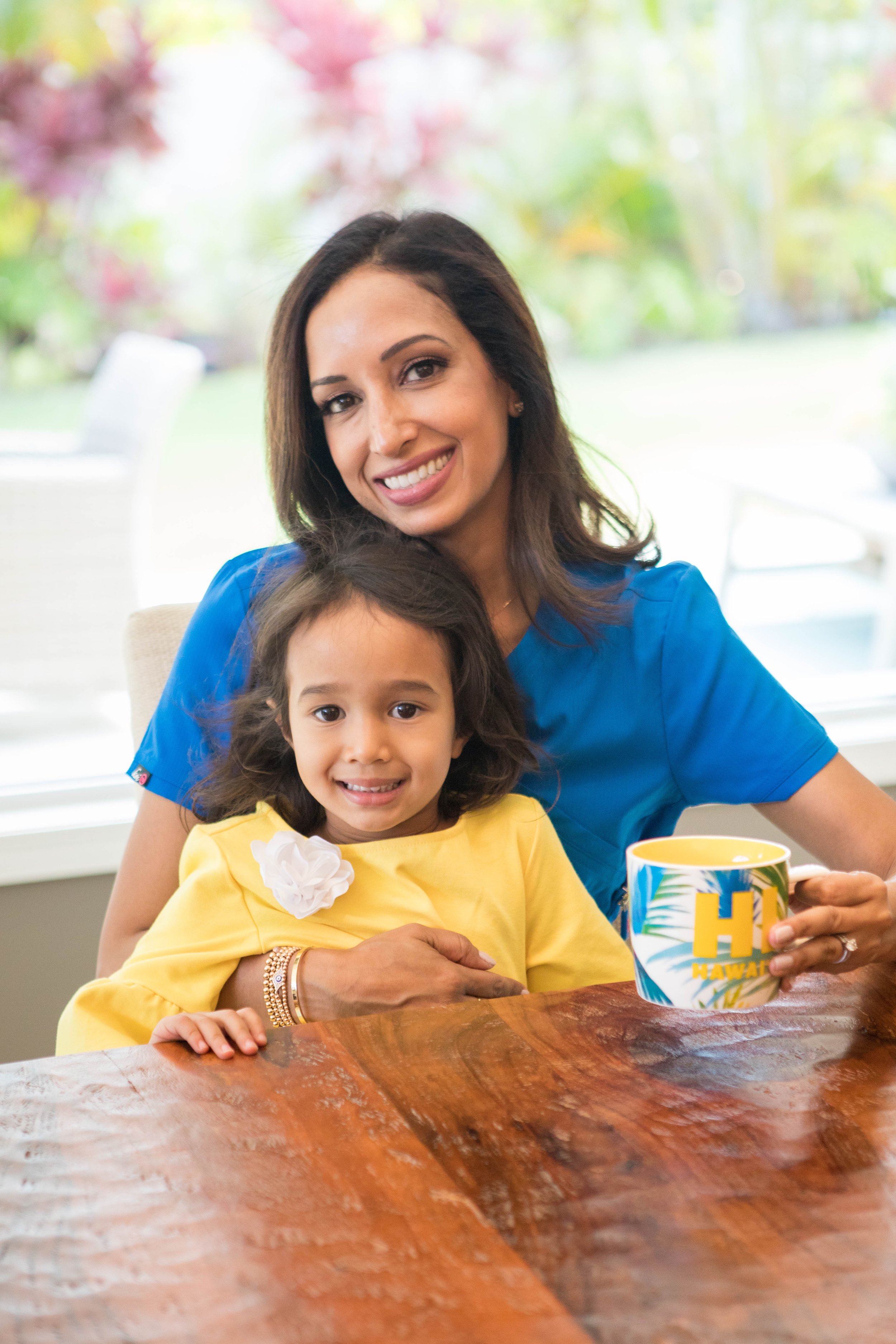 I feel like social media is a space to have a virtual cup of coffee with someone. I made my profile public so that I could offer that mentorship to younger women in health care. To connect with someone who isn’t close by, to share, to inspire. If you don’t have a mentor close by, please know that this dream of being a female physician, is possible, whichever specialty you choose. You can find time for friends, spouse, and kids. You can even have 3 kids AND a successful practice!!
I feel like social media is a space to have a virtual cup of coffee with someone. I made my profile public so that I could offer that mentorship to younger women in health care. To connect with someone who isn’t close by, to share, to inspire. If you don’t have a mentor close by, please know that this dream of being a female physician, is possible, whichever specialty you choose. You can find time for friends, spouse, and kids. You can even have 3 kids AND a successful practice!!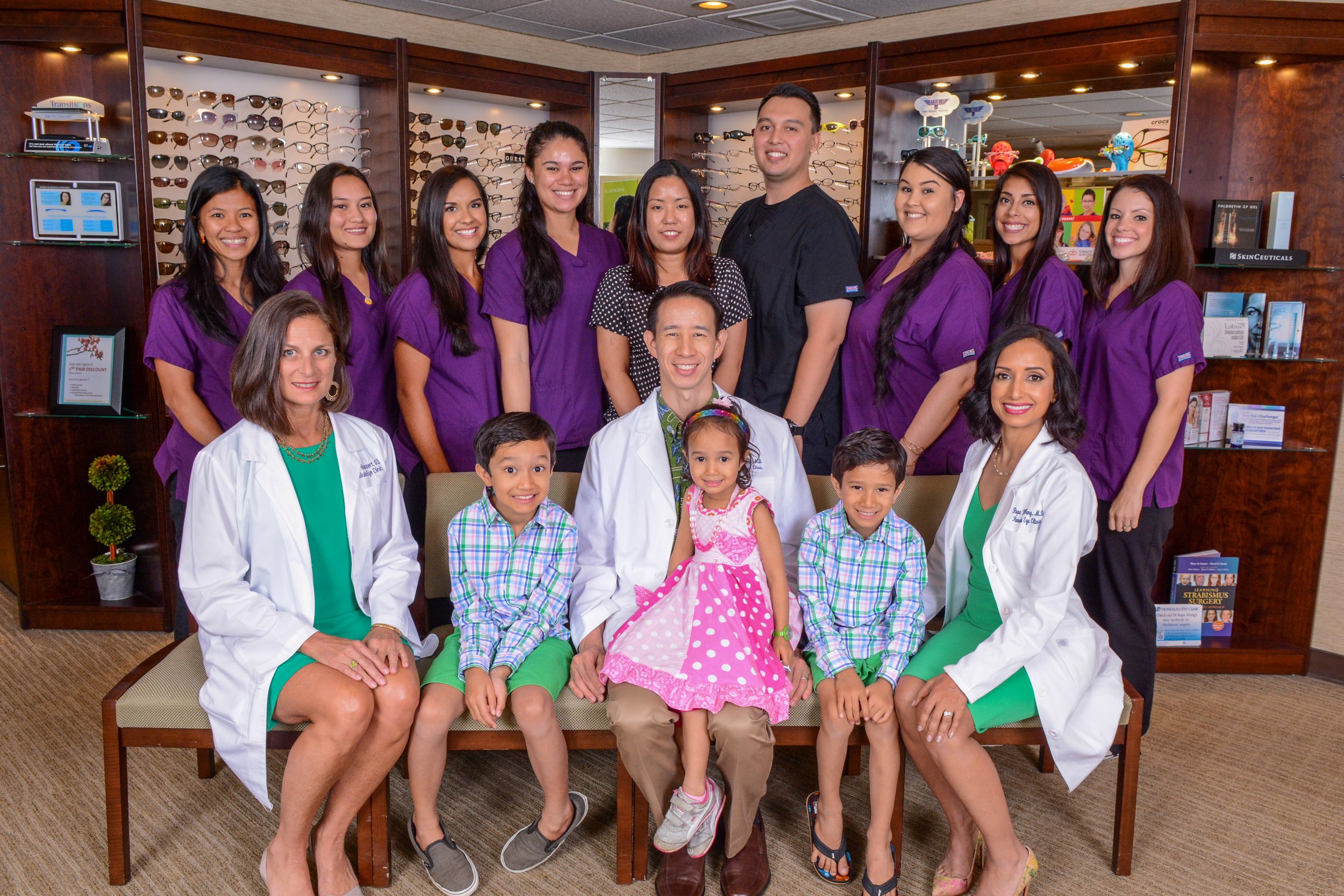 Don’t let the naysayers discourage you. Sure, you may have to work harder than men, to be acknowledged, so for now, until we can elicit the change we want, just get it done. And, don’t choose a specialty based on what you think the hours will be, or the lifestyle, or the salary. Because ultimately, when you are trying to balance work and family, your work better be worth it. It needs to engage you and propel you forward, or else it will not be worth it. Show up for yourself. Ten years later, I am more confident in my abilities as a physician, managing partner, mother and wife. I may have not found the mentors I intended to find when I moved, but I found my tribe. I found a group of like women physicians in my community to commiserate, share and complain with. Never doubt the importance of that.
Don’t let the naysayers discourage you. Sure, you may have to work harder than men, to be acknowledged, so for now, until we can elicit the change we want, just get it done. And, don’t choose a specialty based on what you think the hours will be, or the lifestyle, or the salary. Because ultimately, when you are trying to balance work and family, your work better be worth it. It needs to engage you and propel you forward, or else it will not be worth it. Show up for yourself. Ten years later, I am more confident in my abilities as a physician, managing partner, mother and wife. I may have not found the mentors I intended to find when I moved, but I found my tribe. I found a group of like women physicians in my community to commiserate, share and complain with. Never doubt the importance of that.
